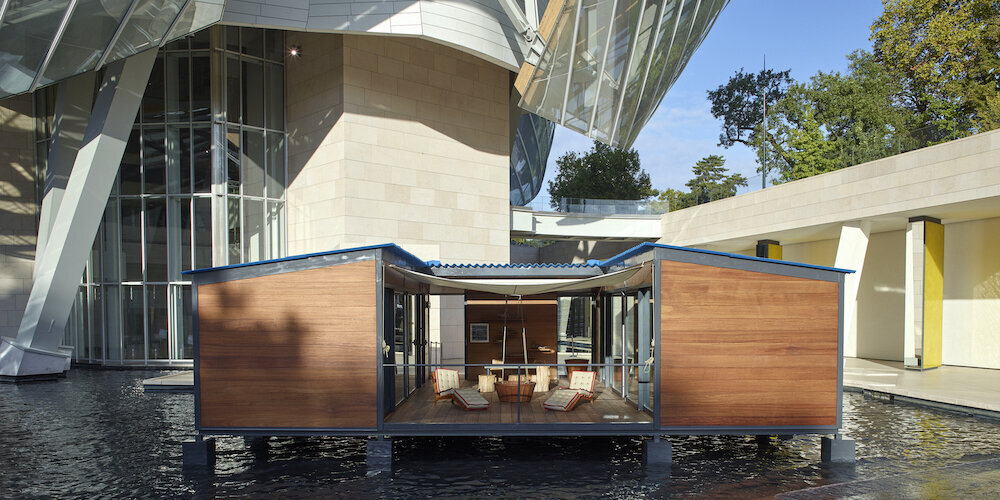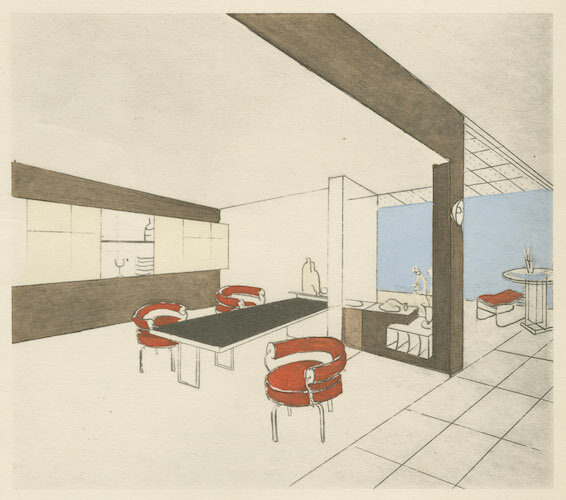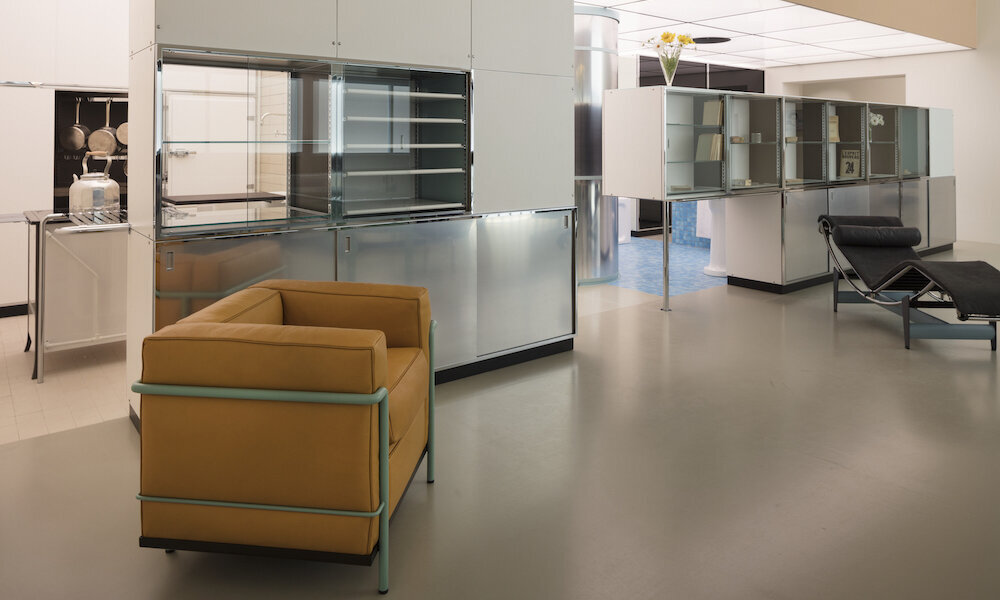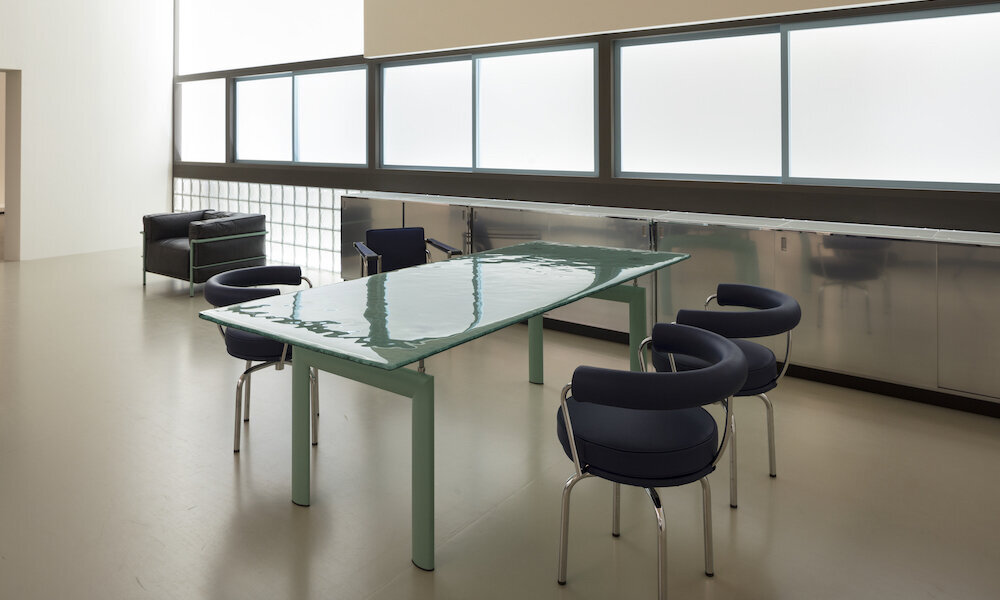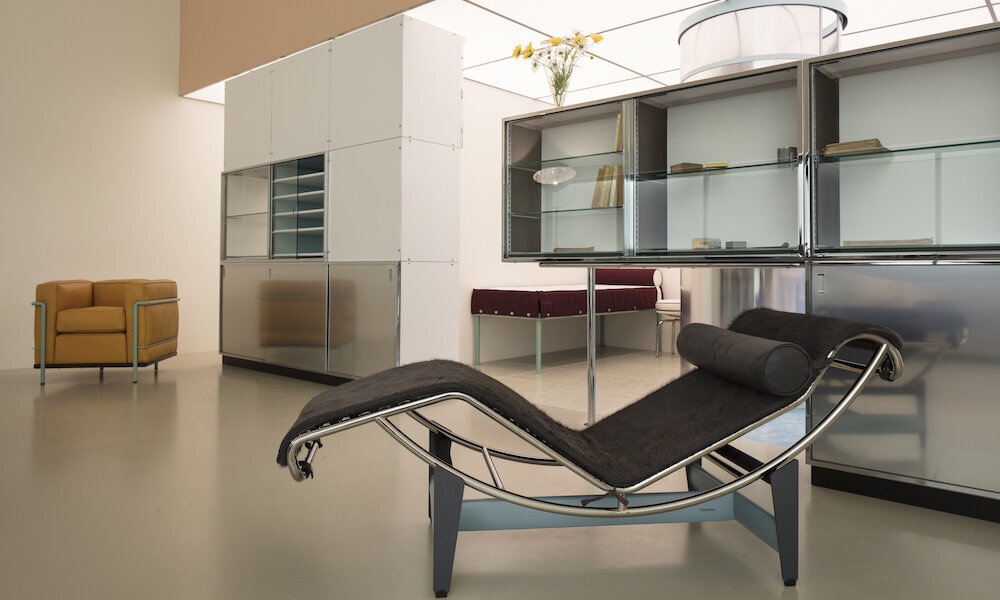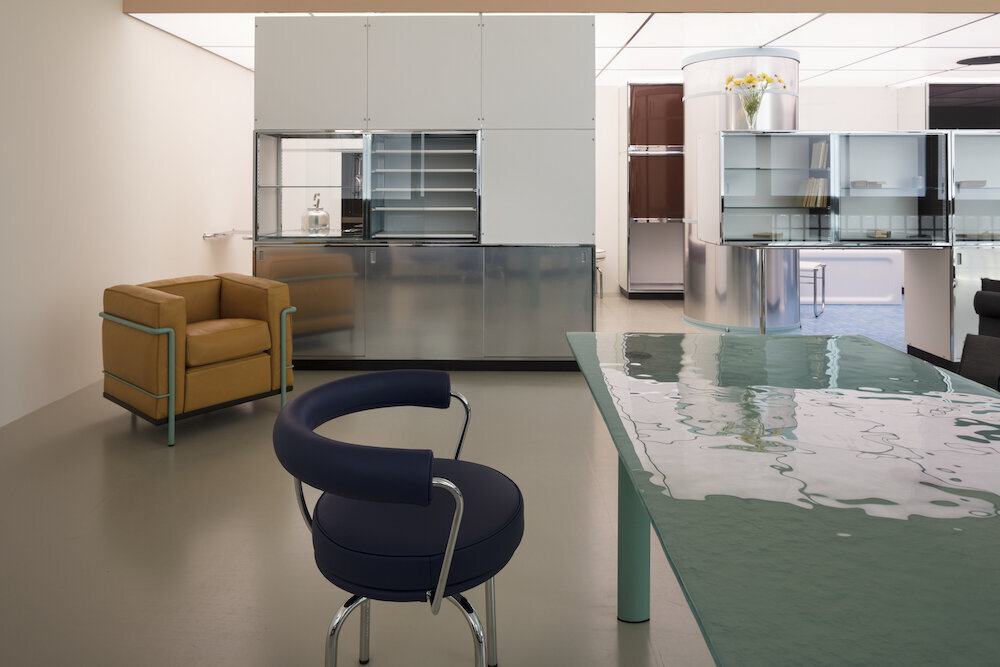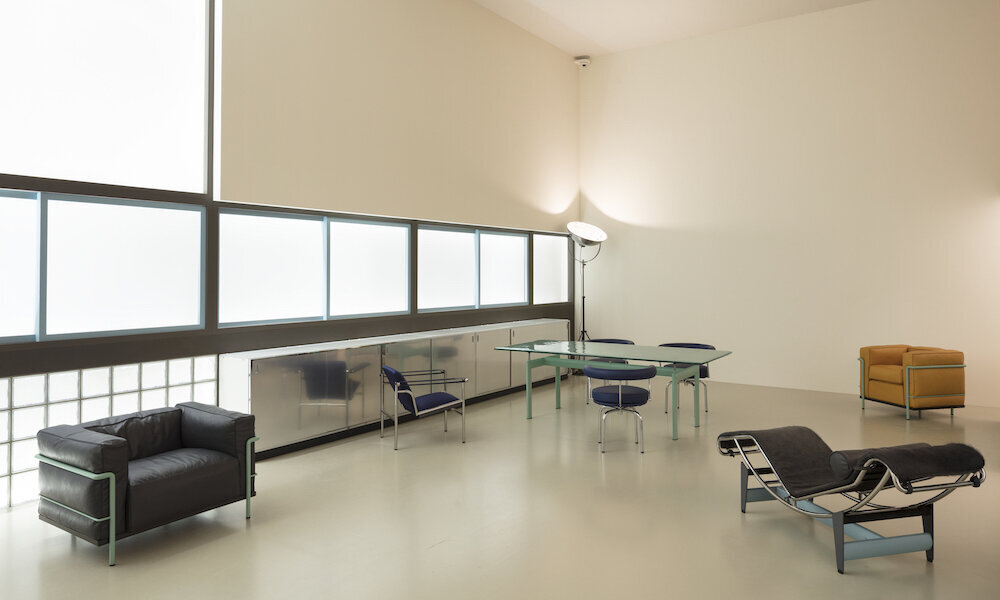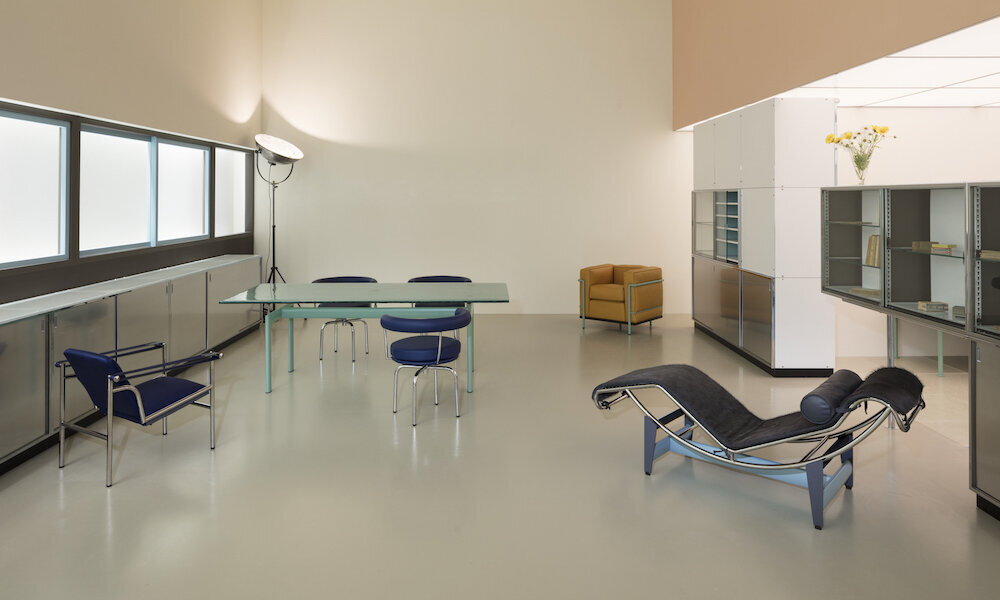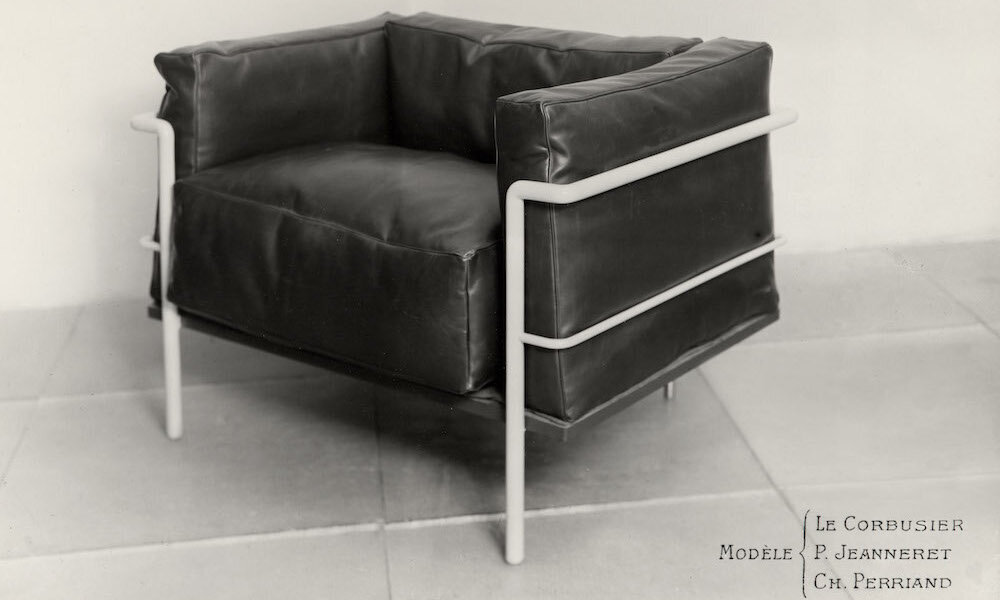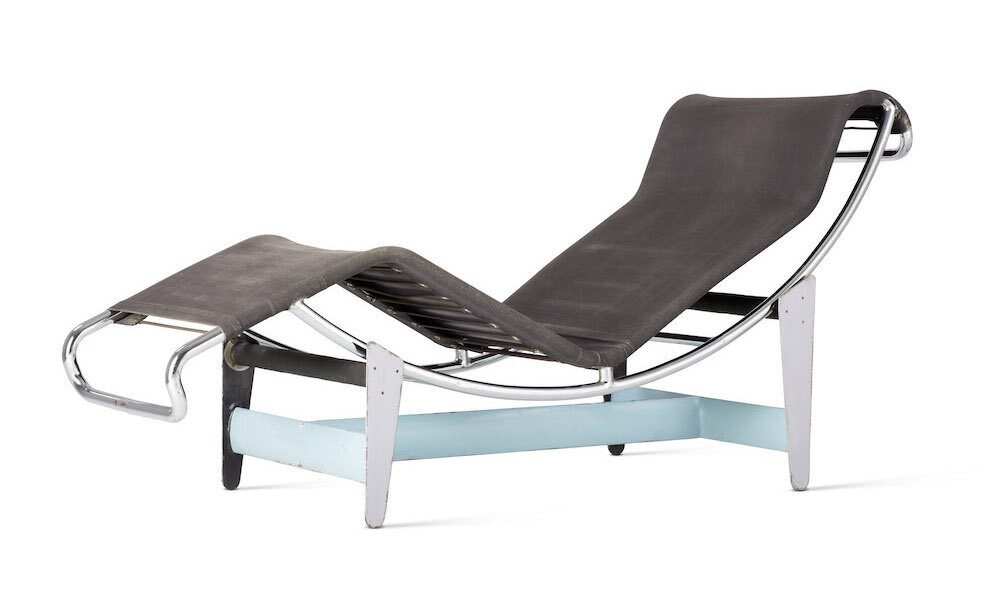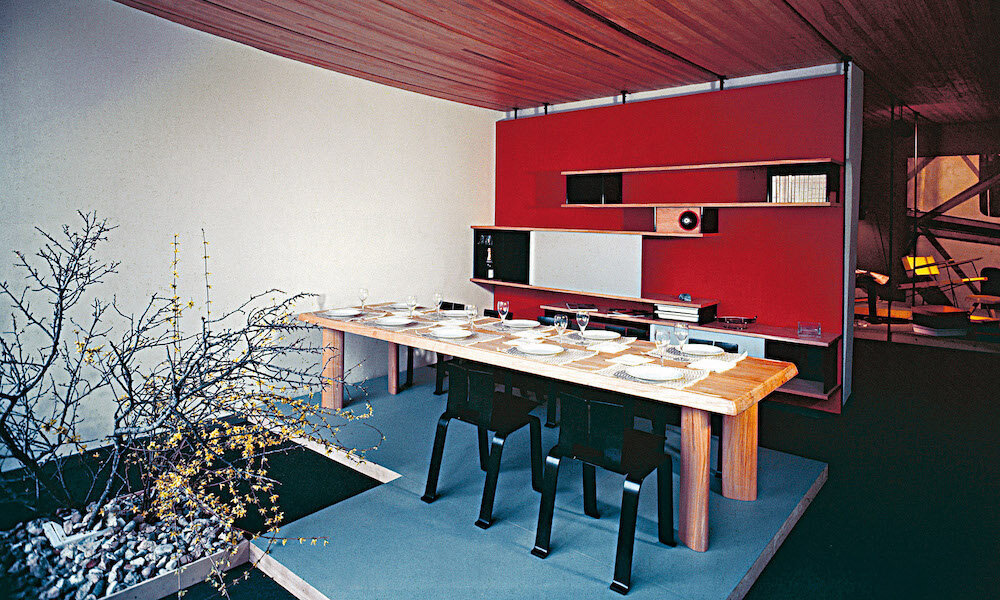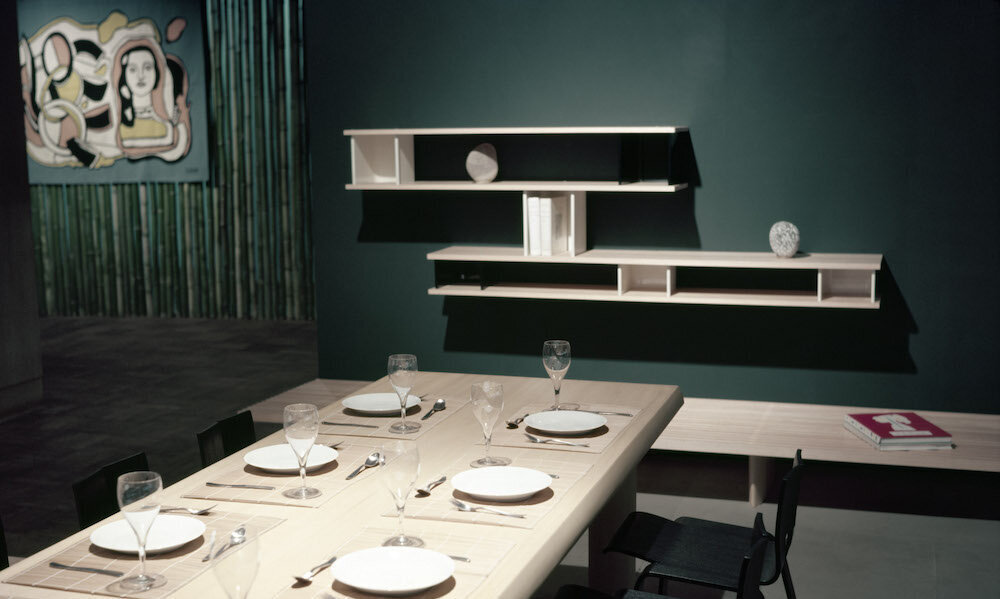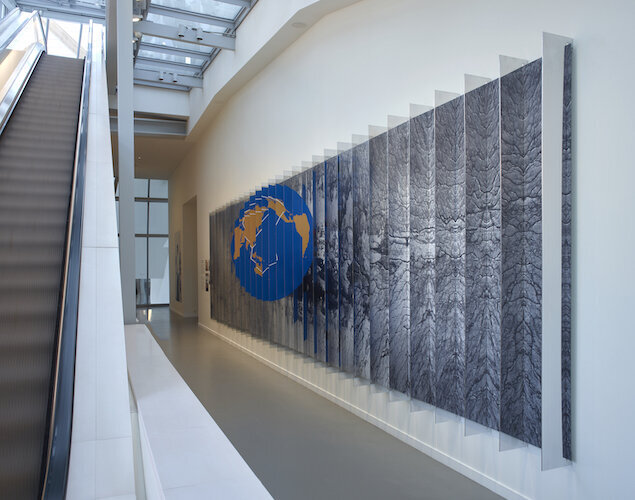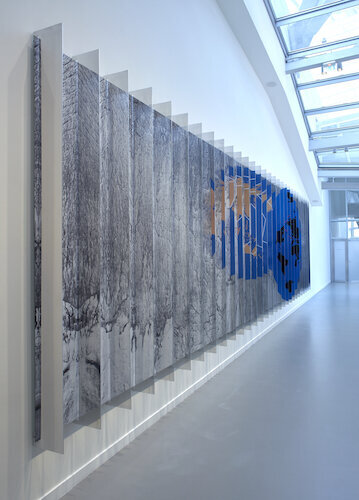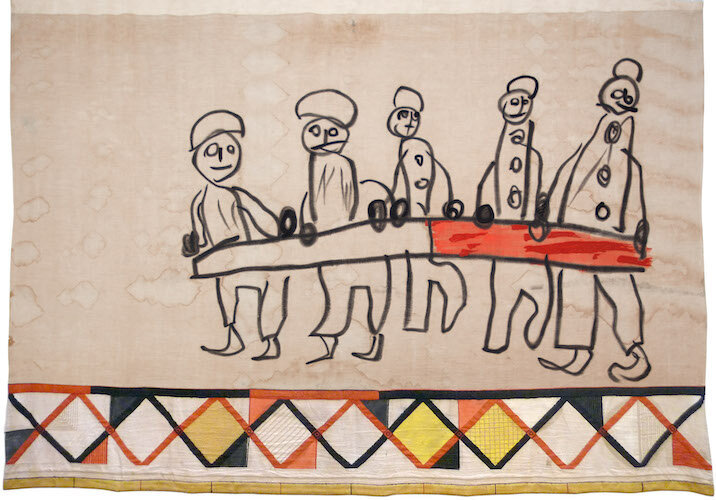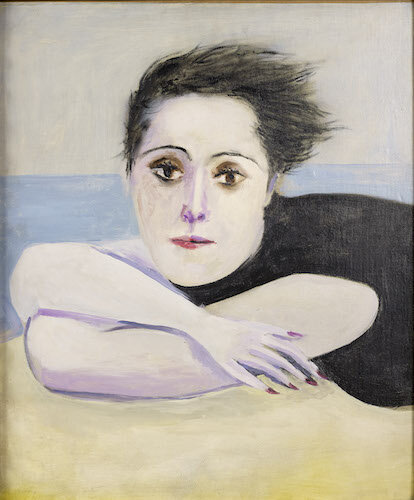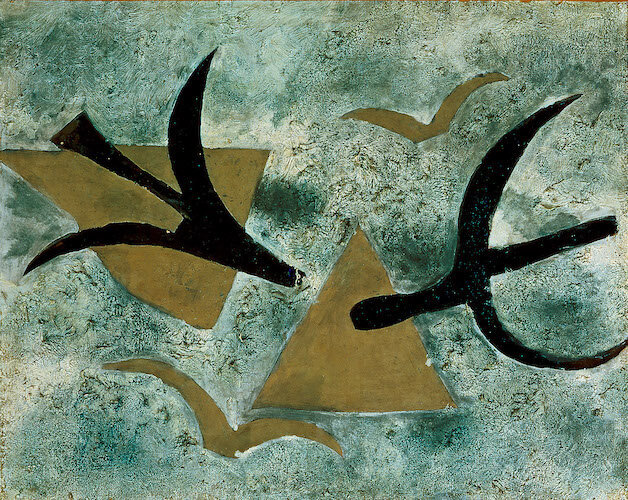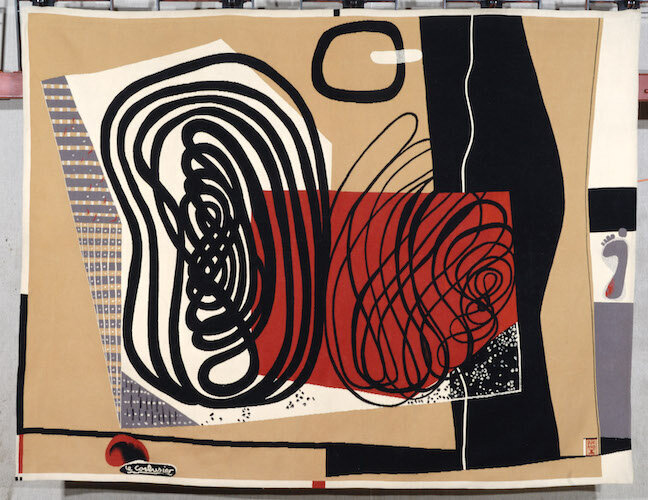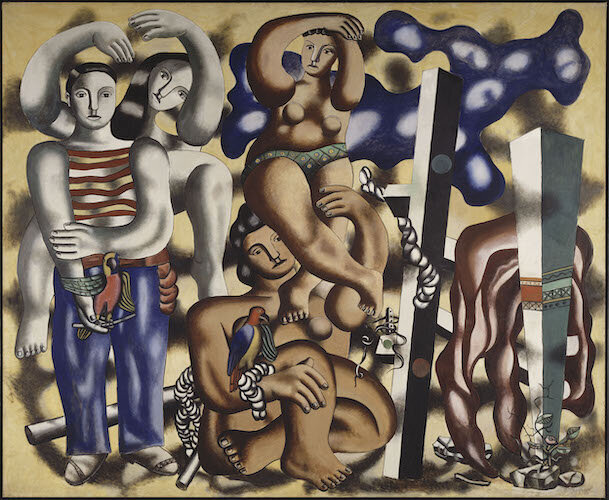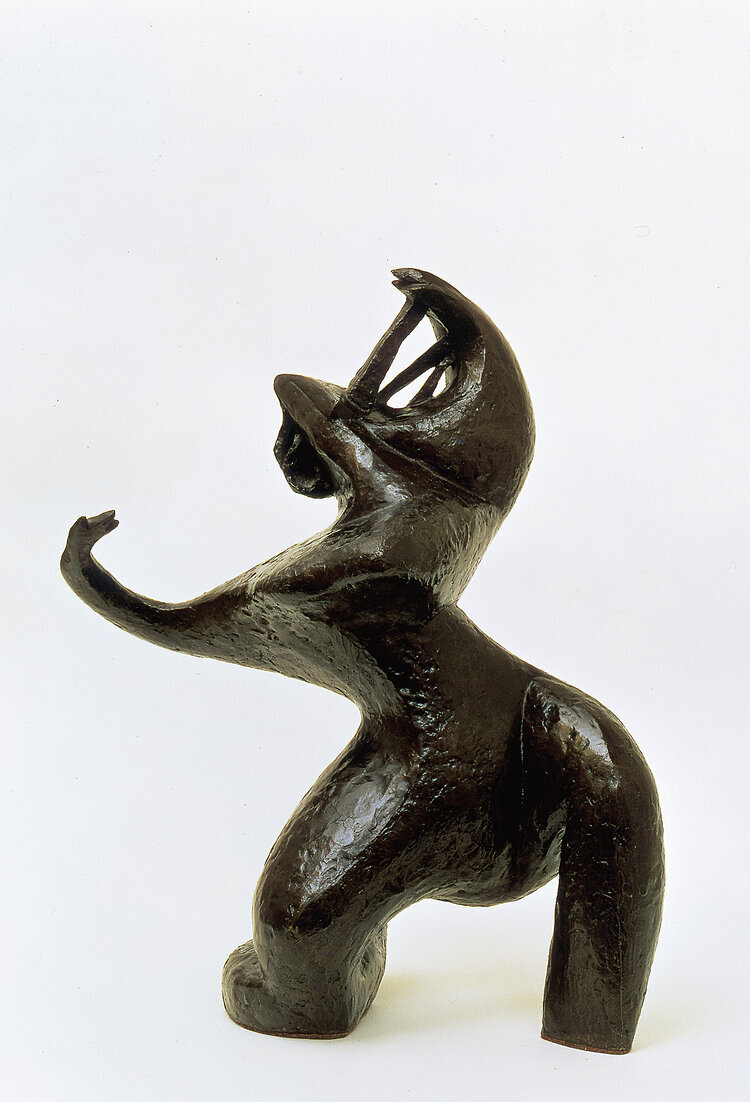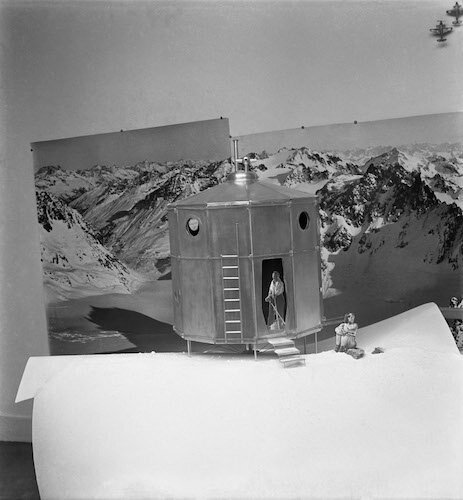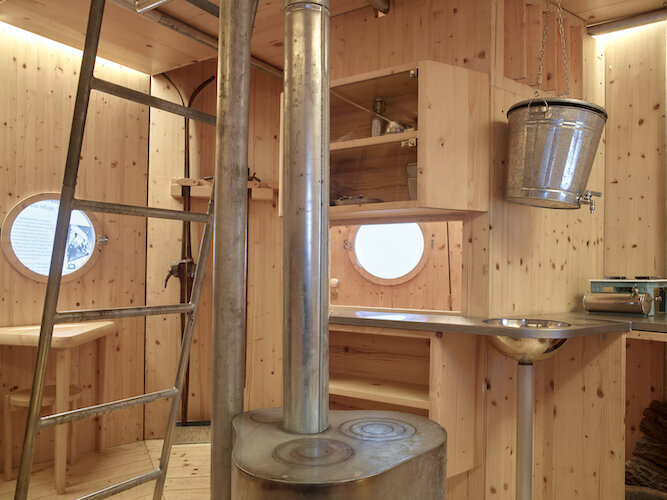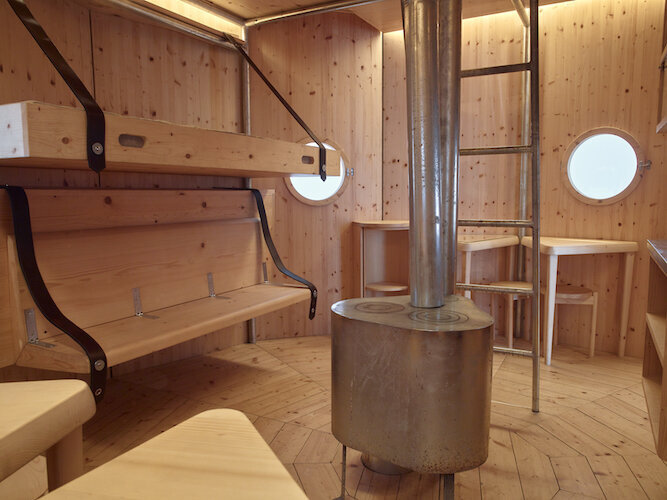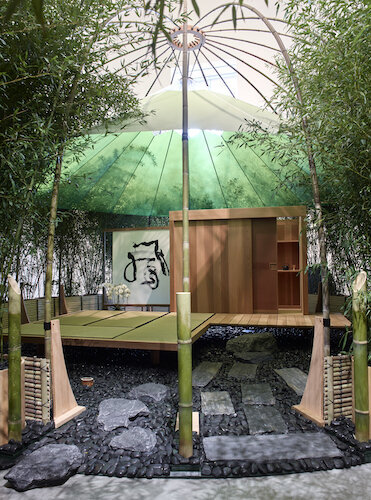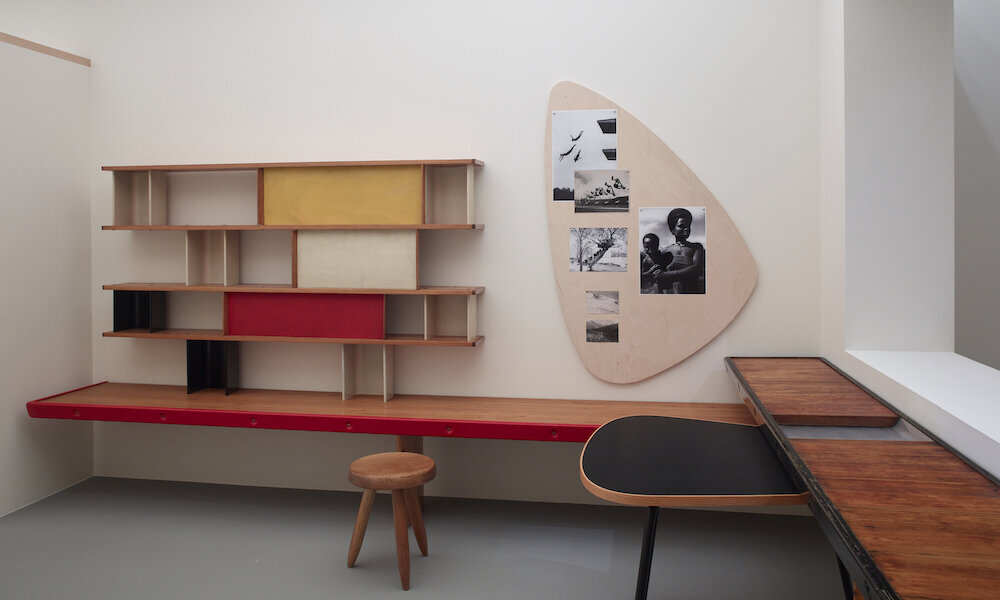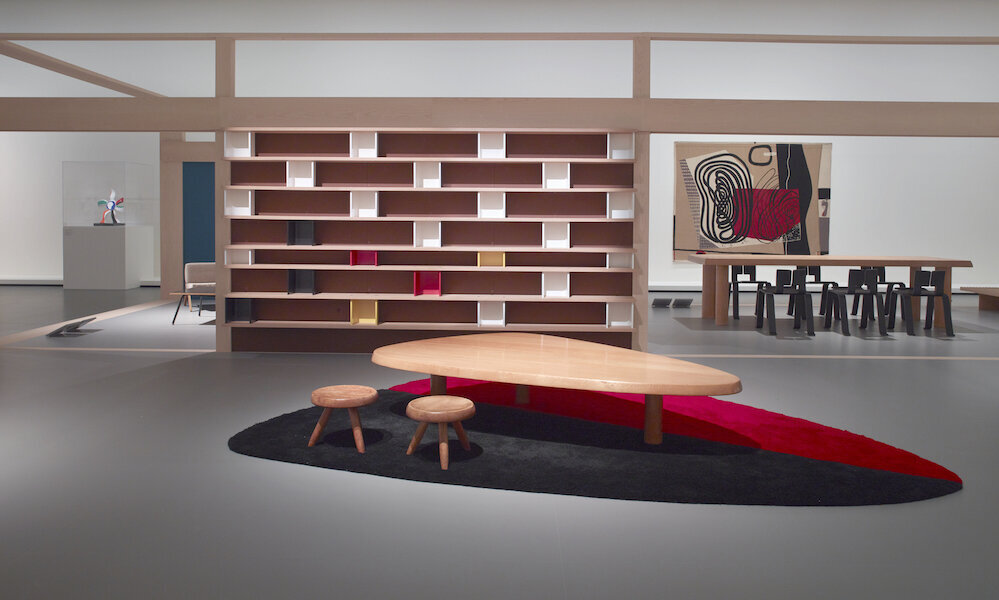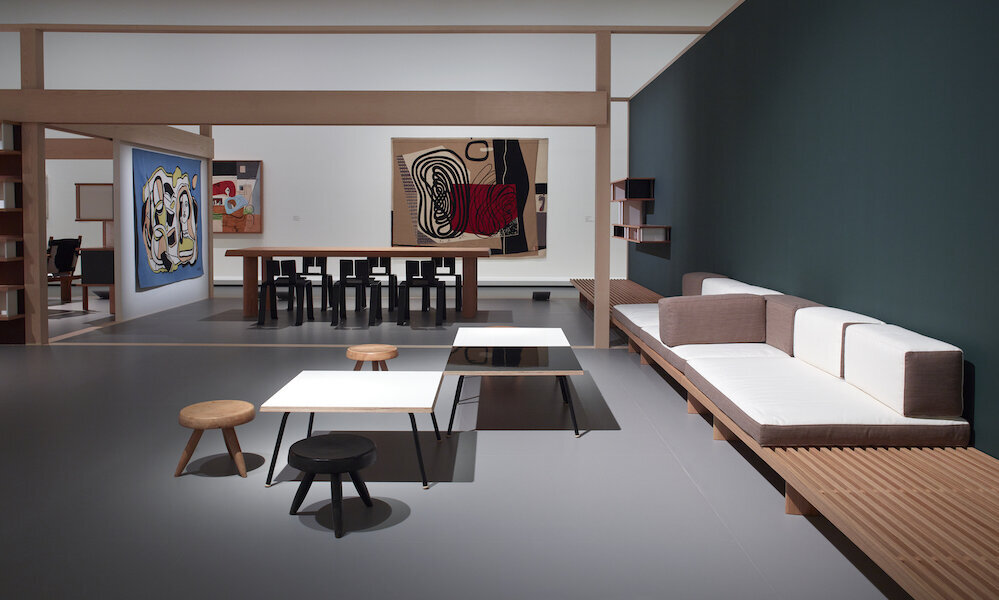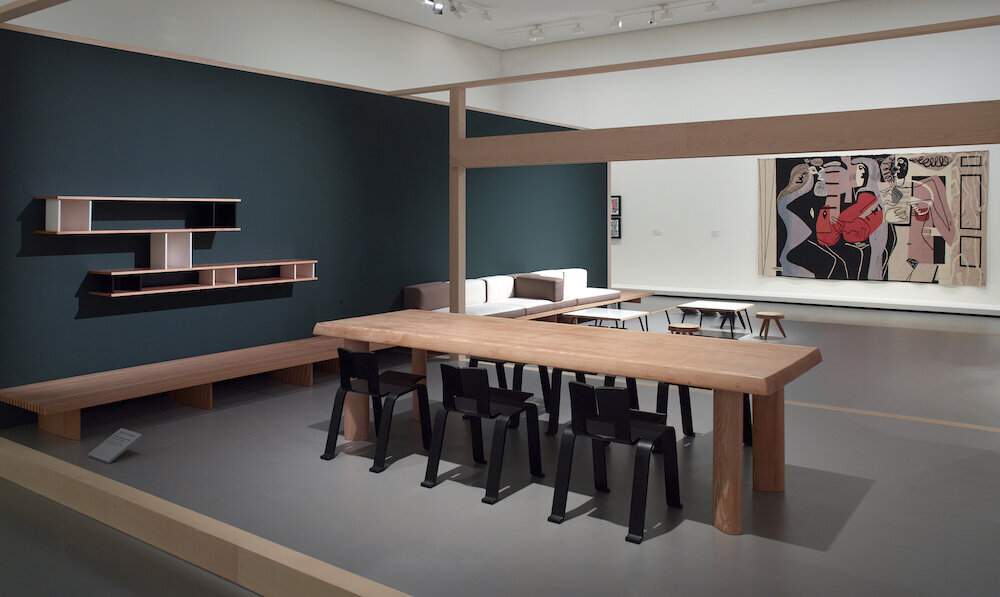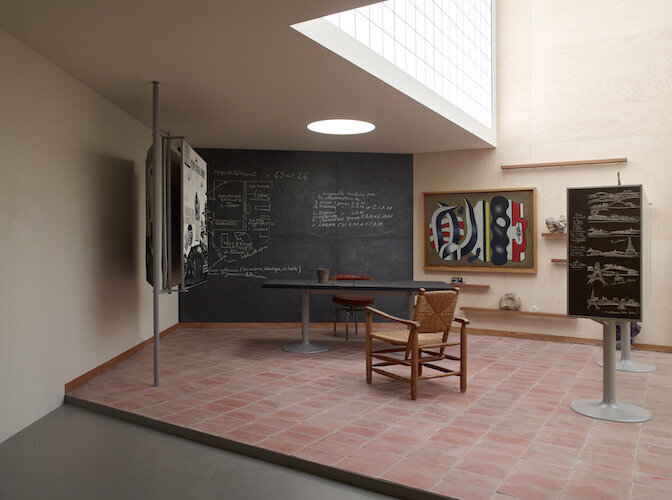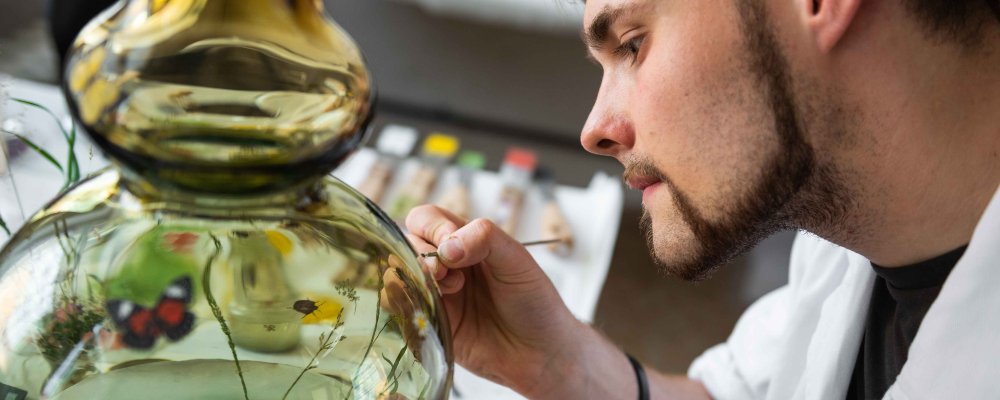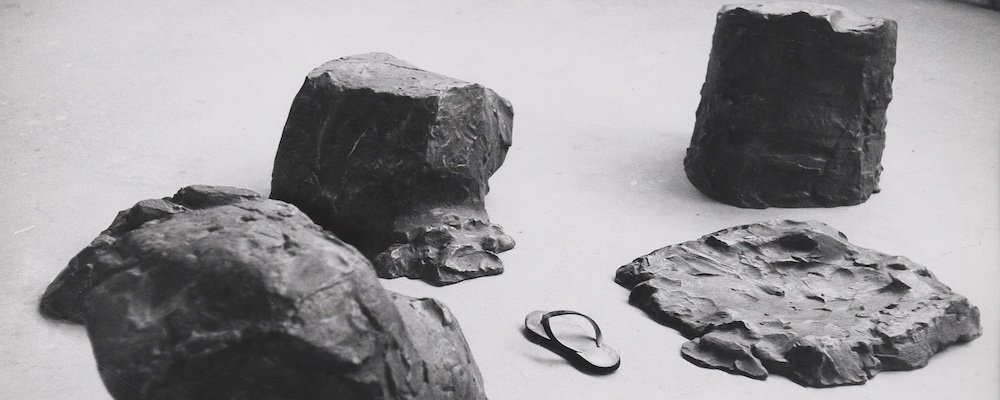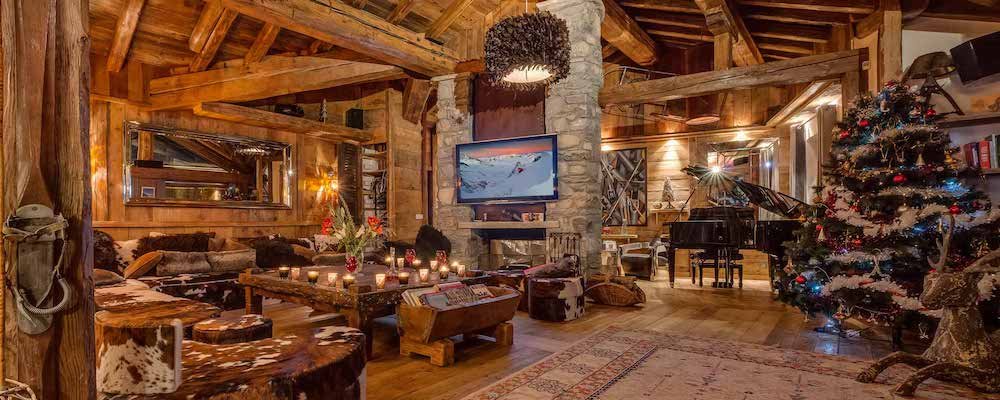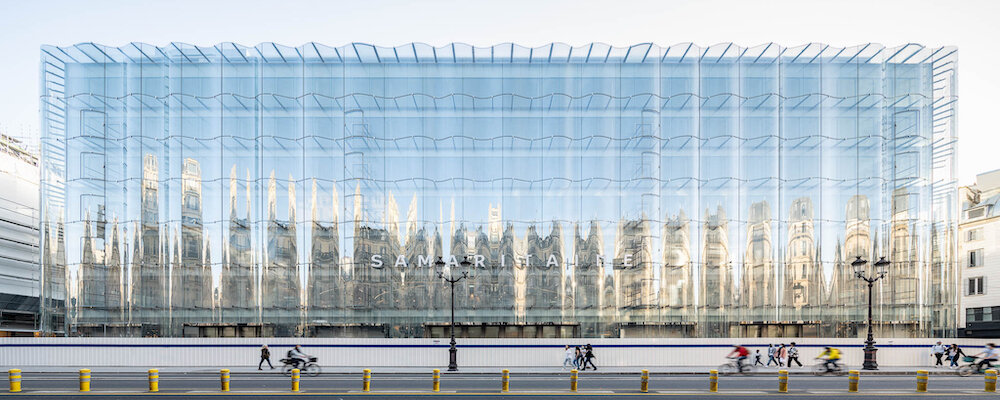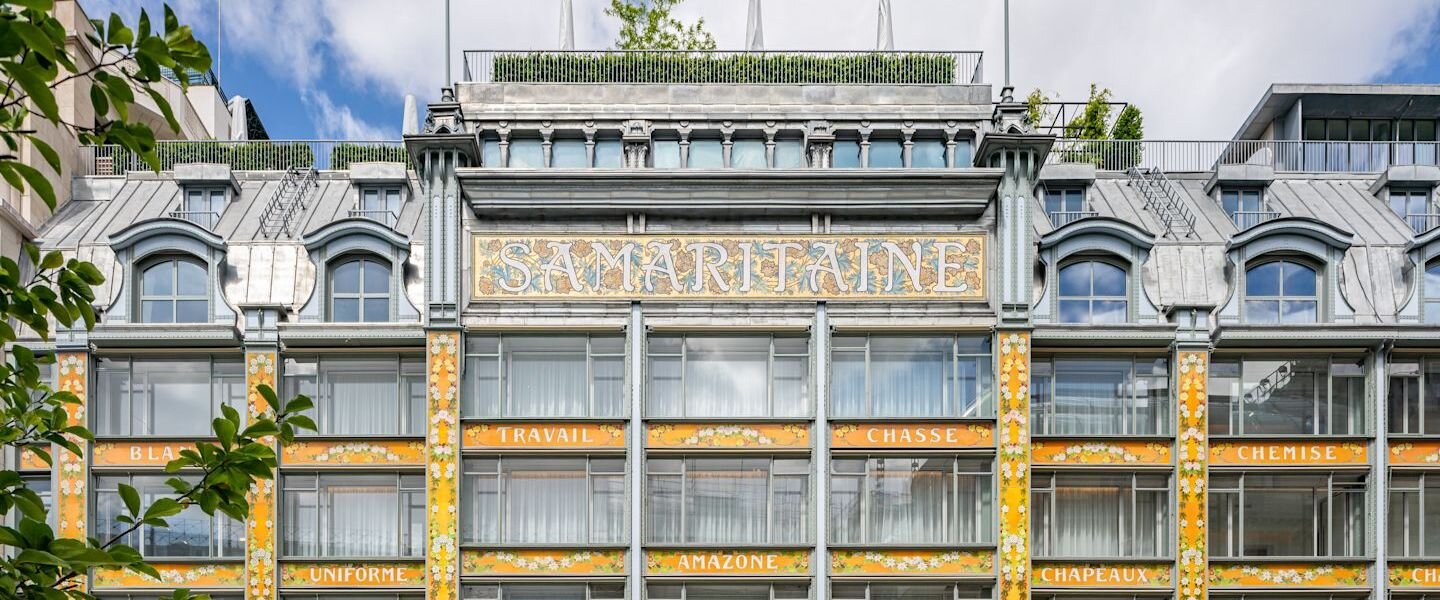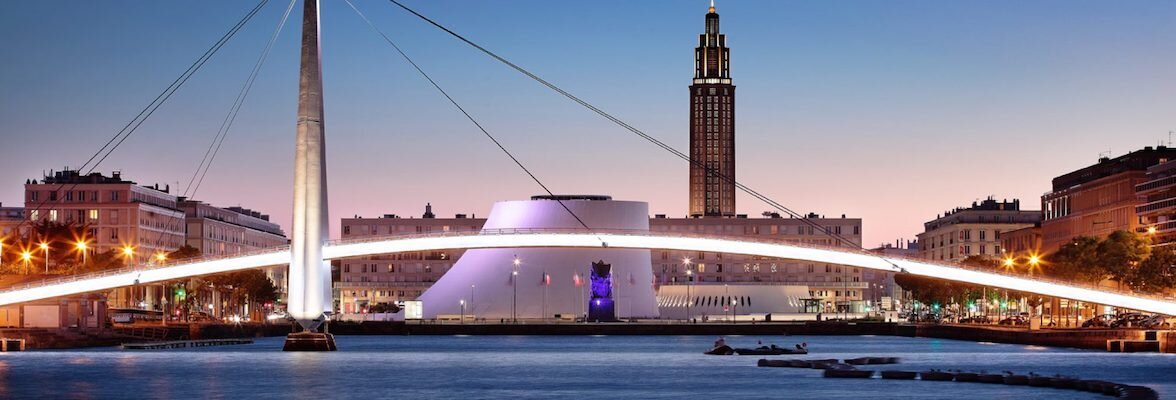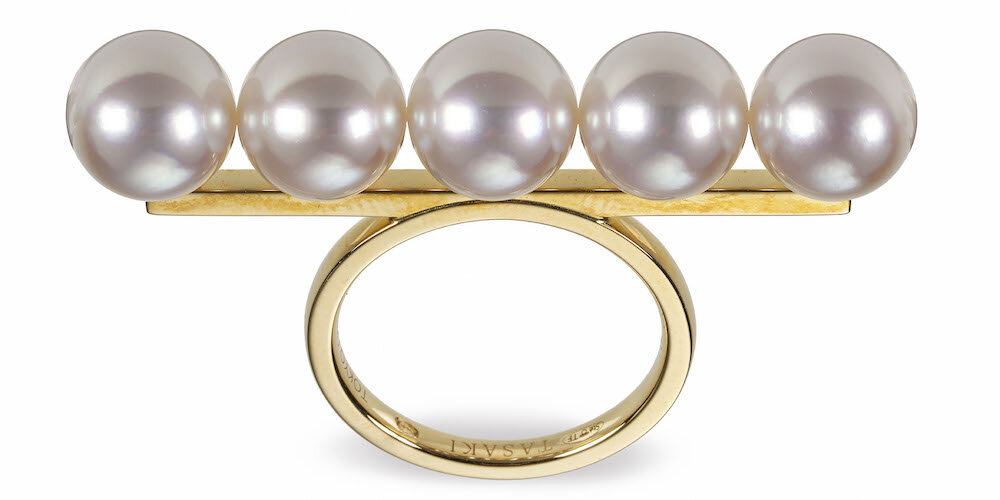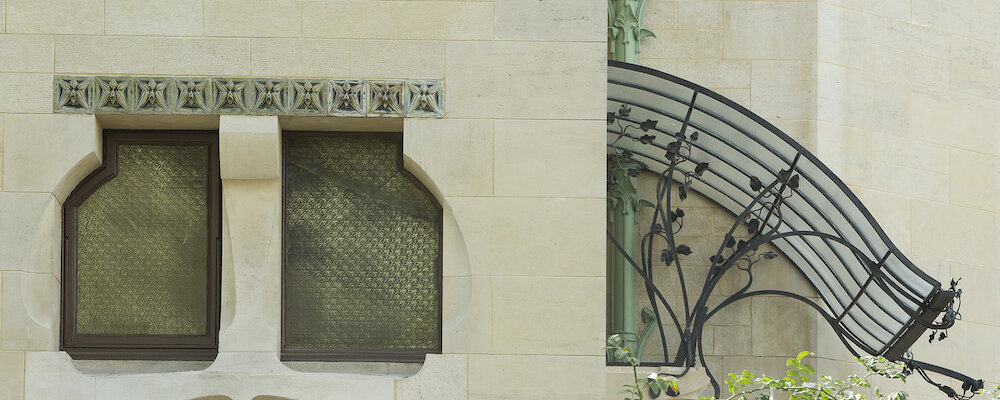Charlotte Perriand: Inventing a New World
Free and independent, Charlotte Perriand was attentive to nature and combined design, architecture, urban planning, crafts and fine arts. The Fondation Louis Vuitton pays tribute to the prolific designer with an exceptional exhibition.
Twenty years after the death of Charlotte Perriand, the Fondation Louis Vuitton is celebrating the visionary creator with an incredible display of 200 of her works combined with 200 other works by artists and architects over 4,000sqm. This event highlights the links between her design, architecture and artworks.
For the first time since its opening in 2014, the Fondation Louis Vuitton is dedicating the entire Frank Gehry building to a single designer, Charlotte Perriand (1903-1999). From the 1920s to the beginning of the 21st century, Charlotte Perriand’s work and life reflect an extraordinary, free and independent career. While she is best known for her contributions to the field of design, Charlotte Perriand did not hesitate to cross the boundaries between artistic and intellectual disciplines.
“I did not know what to expect when I visited Charlotte Perriand’s apartment for the first time. I was not prepared for what I experienced first-hand: her mastery of space and composition. Everything was exquisitely composed at the human scale, immediate but not contrived. It was clear to me that she understood sculpture in the highest sense of the word, as the relationship between objects in the world. Moving through the modest space, I could feel the spaces as she had composed them. ”
An independent, sporty and a well-travelled woman, Perriand was attentive to nature and to the environment. Open to cultural dialogues, she was socially, artistically and politically active on a daily basis. Using a multitude of artistic materials – from chrome tubes to a straw, raw wood, bamboo, prefabricated elements and polyester… – she combined design, architecture, urban planning, crafts and fine arts without ever neglecting the humanistic and economic aspects of her creations.
The exhibition presents Perriand lifetime achievements and the links she forged with the greatest artists of her time. The “art of living”, that she herself put into words and space, cannot be perceived without the apprehension of the works that accompanied her gaze.
Chronologically laid out and spread across four levels, the proposed route combines her work with that of her close friends, going as far as to immerse the spectator into historical reconstructions: the apartment-cum-studio on Place Saint-Sulpice (1927), the Salon d’Automne (1929, pictures above), the Maison du Jeune Homme (1935), the Maison au bord de l’eau (1934), the Refuge Tonneau (1938) and the Maison de thé for UNESCO (1993).
Le Corbusier, Charlotte Perriand, Djo Bourgeois, Jean Fouquet with Percy Sholefield in background (apartment in Saint-Sulpice, Paris, 1928).
Between 1927 and 1929, Charlotte Perriand reinvents housing (Gallery 1), notably by collaborating with Le Corbusier and Pierre Jeanneret. The 1930s are the scene of her political, social and artistic engagement, often alongside Fernand Léger. It is also with the latter that, aware of the limits of progress and technology, she imagines a “raw art” inspired by Nature (Gallery 2).
“What do we want to be? How do we want to live? It is not new technologies which are at stake but rather the way men use it.”
Her crucial stay in Japan (Gallery 4) from 1940 to 1941 reinforces her understanding of the links between creation and tradition and it initiated one of the central contributions of her work, the dialogue among cultures.
Returning to France, she actively participates in the Reconstruction (Gallery 4). She co-founds the movement “useful forms”, which would play an essential role in the emergence of Design during the Glorious Thirties.
In Tokyo in 1955, she proposed a “Synthesis of the Arts” (Gallery 5) and presented, alongside her own works, those of Le Corbusier and Fernard Léger. In Paris, Galerie Steph Simon (Gallery 6) showcases her pieces of furniture and her “art of living”. Her stay in Rio at the beginning of the 1960s (Gallery 7) allowed her to further enrich her imagination.
In Gallery 9, Charlotte Perriand’s works communicates with those of Robert Delaunay, Simon Hantaï, Alexander Calder, Pablo Picasso, Henri Laurens and Fernand Léger in places thought of by her to Understand and exhibit Art.
Her love of the Mountains (Galleries 8 and 10) is also reflected in several of her creations, from the ‘Refuge Tonneau’ to the ski resort of Les Arcs in Savoie. Finally, it is the intimate relationship that she established with Japan that concludes this itinerary: the Maison de Thé (1993), created for UNESCO, is rebuilt in Gallery 11, echoing the architecture of Frank Gehry.
The exhibition runs until February 24th, 2020 at Fondation Louis Vuitton, Paris.
It includes 7 reconstructions, 2 artistic arrangements, 1 kinetic wall, 3 video installations, 50 pieces of furniture, 15 scale models, 35 publications, 90 photographs, 35 accessories, 35 plans and sketches.
Curators: Jacques Barsac, Sébastien Cherruet (architecture historian), Gladys Fabre (art historian and author), Sébastien Gokalp (Director of the Musée de l’Immigration) et Pernette Perriand-Barsac assisted by Roger Herrera (Fondation Louis Vuitton). Scientific advisor for reconstructions Arthur Rüegg (author and previous professor of Architecture and Construction at the ETH Zurich).

